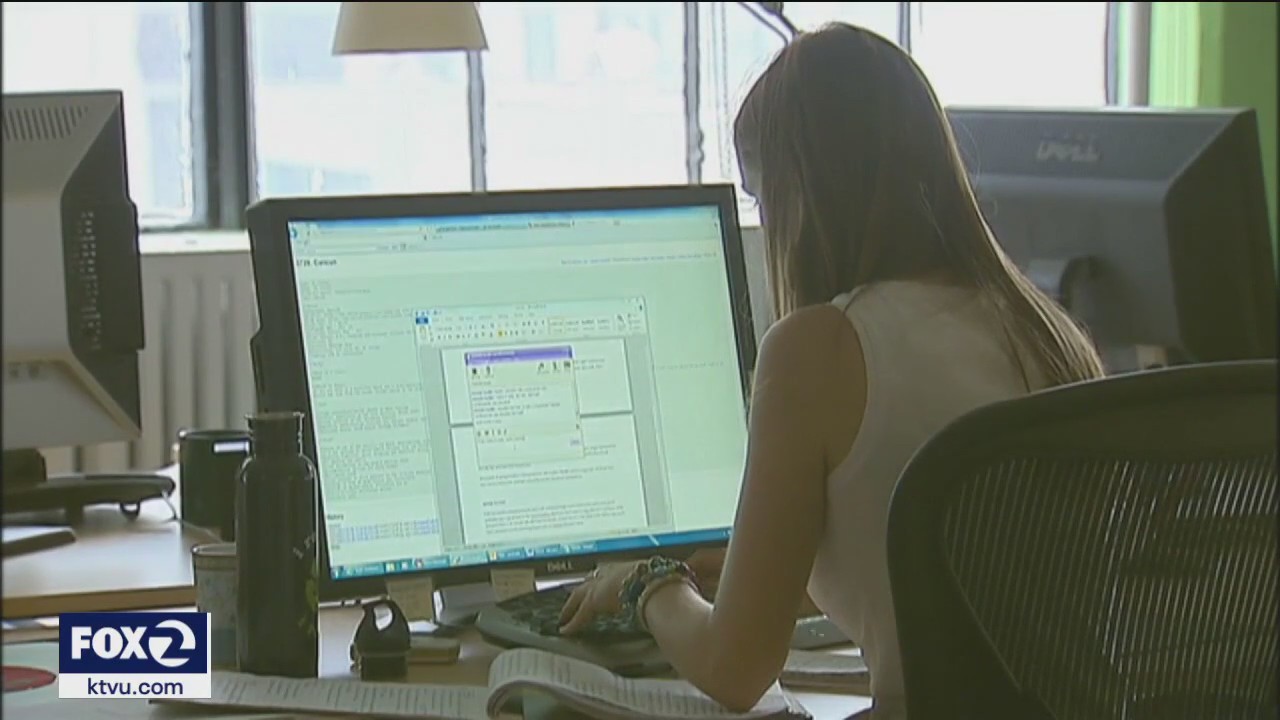The jobs' boom continues unabated

The jobs' boom continues unabated
May's job gains of 339,000 were surprising, unexpected and across all sectors of the economy. They are so high, they might be considered inflationary.
OAKLAND, Calif. - May's job gains of 339,000 were surprising, unexpected and across all sectors of the economy. They are so high, they might be considered inflationary.
Resolution of the debt ceiling was so important, enormous job growth did not phase the stock market which finished way up on Friday.
Why the numbers are so high and, for now, still rising? Whatever rules that once said economic downturns are soon followed by mass layoffs no longer seem to apply.
Since the federal government started raising rates to cool the economy, 5.1 million new jobs have been created. So far in 2023 alone, since New Year's Day through May, the nation's gains are almost 1.5 plus million new jobs.
"Despite the fed tightening, despite these other indicators: declining business confidence and consumer confidence the jobs market, at least, remains very, very strong nationwide," said employment lawyer and former EDD Director Michael Bernick.
National unemployment ticked up to just 3.7 percent.
"We're still at one of the lowest rates since 1969," said Bernick. "There's a lot of companies looking for talent right now despite what we might think historically where things are not as favorable for workers," said East Bay Economic Development Alliance Executive Director Stephen Baiter.
Wages are up 4.3% year over year.
Featured
Debt ceiling: Senate gives final approval to deal, sending it to Biden
Fending off a U.S. default, the Senate has given final approval to a debt ceiling and budget cuts package.
"I think there's no indication that the wages themselves are not the main driver of the inflation," said Bernick.
So, why are jobs defying all the other negative economic markers?
"The enormous, enormous government, federal and state money, washing through the system," said Bernick.
The old, economic prediction indicators are becoming unreliable in the new era of remote work.
"We seem to be in new territory at the moment and I suspect it's gonna be a little bit more time before we start to settle into whatever the new pattern is going to be," said Mr. Baiter. "Remote work is the seismic shift in the nature of work for the past fifty, sixty years," said Bernick.
Despite big tech layoffs, the Bay Area economy is not falling apart.
"What people forget is, it grew so quickly during the pandemic between 2020 and 2022, that a lot of cuts we're seeing right now, the net effect is still a gain in employment over the last few years," said Mr. Baiter.
The Bay Area still remains the reigning worldwide high-tech innovation champion.
"And I think that is one of the things that's gonna help the Bay Area over time and we continue to push ahead," said Baiter.
The reality is, say the experts, Americans are simply more affluent than ever, giving the economy a healthy shot in the arm, despite cutbacks.


